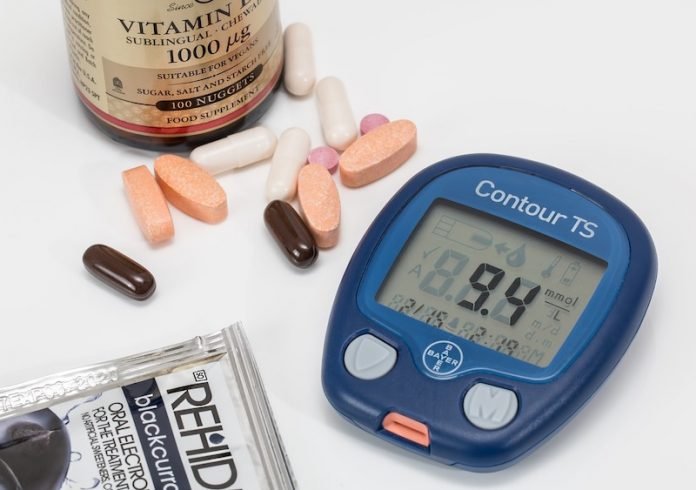
In a new study, researchers have discovered for the first time an enzyme that seems to be critical for normal healing. This enzyme appears to be missing in diabetes.
They also found that allopurinol, a common drug used to treat gout and kidney stones, may help with the wound healing.
The research was conducted by a team from the University of Michigan.
For a healthy person, getting a cut or scrape on the foot may not be cause for immediate concern.
But for people with type 2 diabetes, these wounds can be life-threatening.
Previous research has shown one-third of the cost of type 2 diabetes treatment is related to non-healing foot wounds and ulcers.
They are the leading cause of amputation in the United States.
According to the researchers, if someone has a major amputation due to a non-healing wound, they have only a 50% survival rate at three years. This is actually worse than most cancers.
In the new study, the team aimed to find a way to treat diabetic non-healing wounds.
They found that during normal healing, an injury triggers the immune system to release monocytes in the blood which travel to the site of damaged tissue and become clues called macrophages.
At first, these macrophages create an inflammatory response to engulf and eliminate any bacteria or other pathogens.
These same macrophages then change into a non-inflammatory repair mode to generate new tissue and promote healing.
However, with diabetes, this conversion never takes place and inflammation persists.
The team suspected that something environmental triggers epigenetic changes that prevent the macrophages from completing their job.
Using mice and human tissues, they discovered for the first time that an epigenetic enzyme called Setdb2 regulates the conversion of macrophages from an inflammatory type to a repair type.
In diabetic mice, Setdb2 did not increase at the critical time and their wounds remained inflamed.
The team also found that Setdb2 appears to be a player in the metabolism of uric acid, known to be elevated in people with diabetes.
People with high blood concentrations of uric acid can develop gout, which can cause painful inflamed joints.
The team found that in normal healing, Setdb2 turns off xanthine oxidase, the enzyme that produces uric acid. In doing so, Setdb2 turns off inflammation.
To see whether blocking uric acid could help wound healing, the team used allopurinol, a common drug used to treat gout and kidney stones, locally to wound sites in their diabetic mice.
They found the drug seemed to improve healing. Their data looks very promising for using this as local therapy.
Applying allopurinol directly to the wounds could help avoid some of the toxic systemic side effects linked to the drug.
The team hopes to eventually bring their findings to clinical trials and explore ways of increasing Setdb2 for cell-based therapy.
One author of the study is Katherine Gallagher, M.D., vascular surgeon and an Associate Professor.
The study is published in the journal Immunity.
Copyright © 2019 Knowridge Science Report. All rights reserved.



